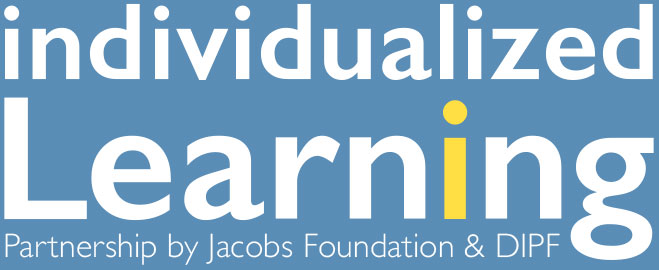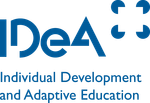Project PREDICT
Prediction Generation as a Tool to Activate Children’s Prior Knowledge and Improve Learning
This project evaluates the potential of asking students to generate predictions to improve their learning. Further, it investigates the mechanisms that determine its success and asks whether there are age-related differences in its effectiveness.
Project Description
PREDICT evaluates the potential of asking students to generate predictions to improve their learning. It further investigates the mechanisms that determine its success. More specifically, several plausible candidate mechanism are investigated and compared, including enhanced curiosity and surprise. Changes in these learning-related emotions induced by making a prediction are assessed using pupillometry. Furthermore, it is investigated whether there are age-related differences in the effectiveness of student-generated predictions for improving learning. The overarching goal of this project is to attain a better understanding of the mechanisms underlying the effectiveness of student-generated predictions. Knowledge of these mechanisms shall be used to guide testing of this method in real classrooms using technological devices.
Principal Investigators
Garvin Brod
Project Team
Lucas Lörch
Maria Theobald
Elfriede Diestel
Leonie Weindorf
Collaborators
Elizabeth Bonawitz, Harvard University
Silvia Bunge, University of California
Dietsje Jolles, Leiden University
Funding
German Research Foundation (Deutsche Forschungsgemeinschaft – DFG)
Jacobs Foundation
Selected Publications
Brod, G. (2021). Predicting as a learning strategy. Psychonomic Bulletin & Review.
Theobald, M., Brod, G. (2021). Tackling scientific misconceptions: The element of surprise. Child Development.
Brod, G., Breitwieser, J., Hasselhorn, M., Bunge, S. (2020). Being proven wrong elicits learning in children – but only in those with higher executive function skills. Developmental Science.
Breitwieser, J., Brod, G. (2020). Cognitive prerequisites for generative learning: Why some learning strategies are more effective than others. Child Development.
Brod, G., Hasselhorn, M., Bunge, S. (2018). When generating a prediction boosts learning: The element of surprise. Learning and Instruction.



